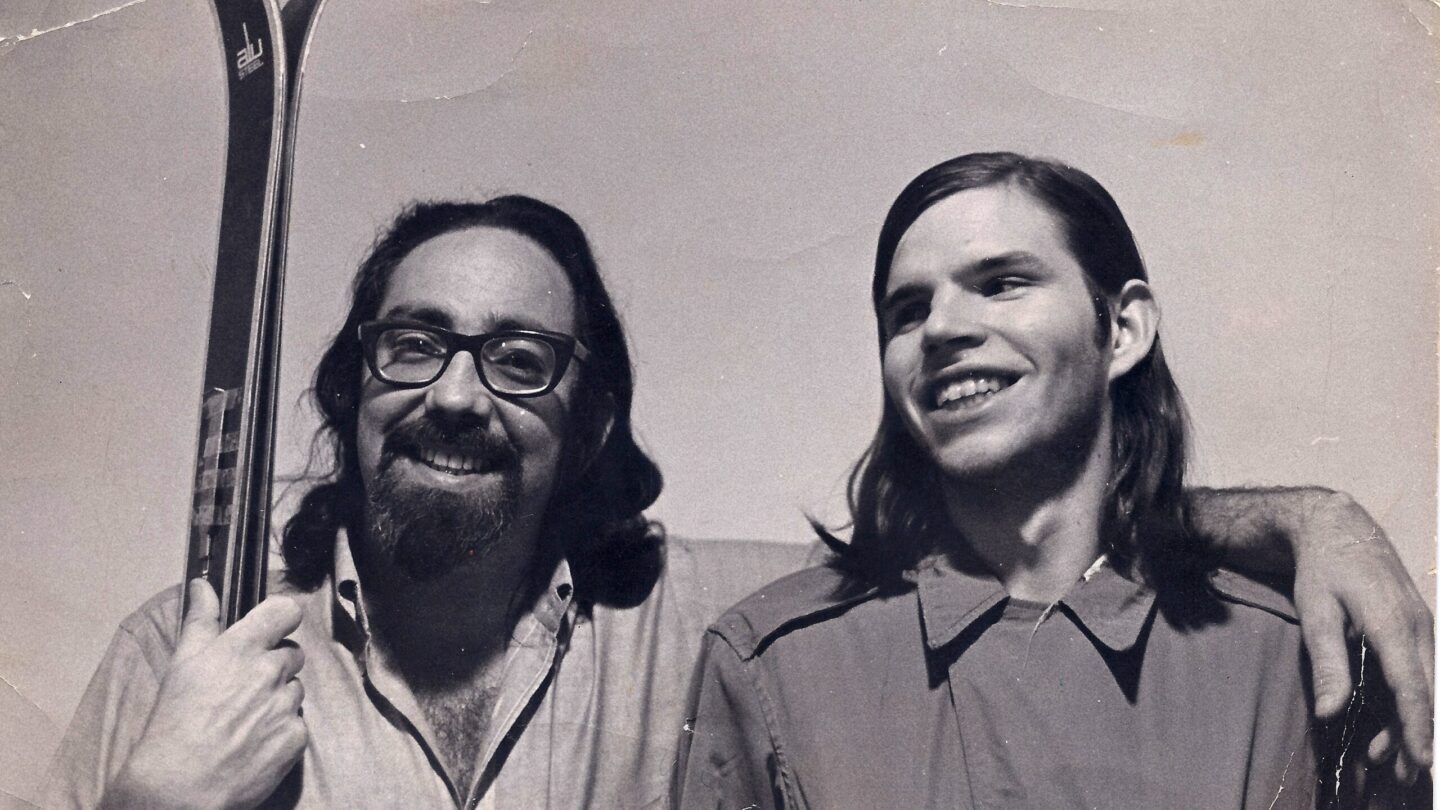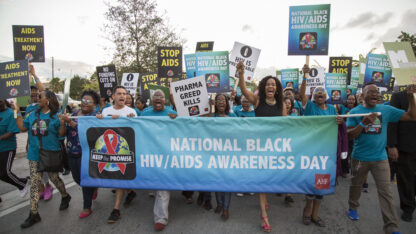Charles Silverstein, a psychologist who helped destigmatize homosexuality, dies at 87

Charles Silverstein, a psychologist and therapist who played a key role in getting homosexuality declassified as a mental illness, died Jan. 30 at 87. He had lung cancer, according to his executor Aron Berlinger.
“Before I came out, I was not very brave. When I came out, I came out all the way, not just sexually but politically,” Silverstein told the Rutgers Oral History Archives in 2019.
The Association for Behavioral and Cognitive Therapies announced Silverstein’s death on Twitter, describing him as “a hero, an activist, a leader, and a friend” whose “contributions to psychology and the rights of LGBTQ+ individuals have been felt around the world.”
As a student, his first foray into activism was against the Vietnam War. After that, he joined the Gay Activists Alliance, which he described as a radical gay organization.
Homosexuality was considered a mental disorder and “sexual deviation” in the Diagnostic and Statistical Manual of Mental Disorders (DSM), the authoritative set of mental health diagnoses, at the time. Near the end of his doctoral degree in social psychology, Silverstein was one of several presenters challenging the scientific basis of the classification in February 1973.
Silverstein wrote a satire of all the organization’s absurd past diagnoses — like “syphilophobia,” or irrational fear of syphilis.
“At the end, I said, these are the mistakes that you made before,” and they were making the same mistake again and needed to correct it, Silverstein told the Rutgers Oral History Archives in 2019. “It seemed to have impressed them.”
Ten months later, the American Psychiatric Association voted to remove homosexuality from the DSM’s list of mental disorders.
Silverstein also played a key role in changing the field’s view of conversion therapy. Gerry Davison, a practitioner of conversion therapy, heard a talk Silverstein gave in 1972 against the practice. It moved him so deeply that he spoke out against it on moral — not therapeutic — grounds in 1974 when he was president of the Association for Advancement of Behavioral Therapies. The two men had been friends ever since, Silverstein told the Rutgers Oral History Archives.
As a gay man who grew up wanting to be “cured,” Silverstein dedicated his life’s work to helping LGBTQ people live without shame, from his psychotherapy practice to his writing and beyond. He co-authored “The Joy of Gay Sex,” a controversial book with graphic images and language that sought to help men who have sex with men navigate and enjoy sex.
He also published guides to help parents support their LGBTQ children, and he wrote a clinical guide for psychotherapists treating LGBTQ patients.
Silverstein founded Identity House, an LGBTQ peer counseling organization, and the Institute for Human Identity, which provides LGBTQ-affirming psychotherapy and started out with gay and lesbian therapists volunteering their time to see LGBT clients. IHI’s current executive director, Tara Lombardo, released a statement, saying, “we truly stand on his shoulders.”
He is survived by his adopted son.
9(MDAxODM0MDY4MDEyMTY4NDA3MzI3YjkzMw004))








